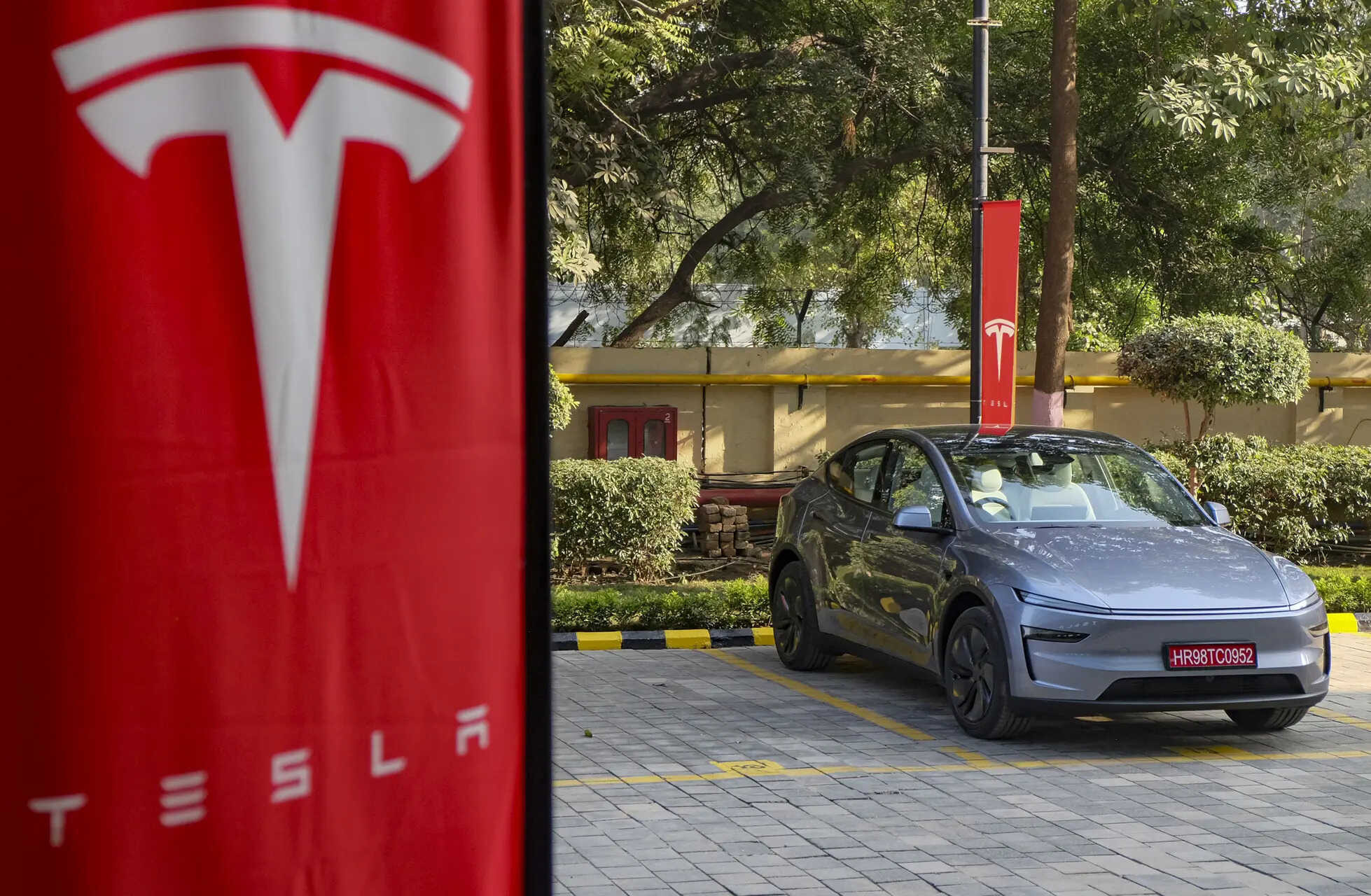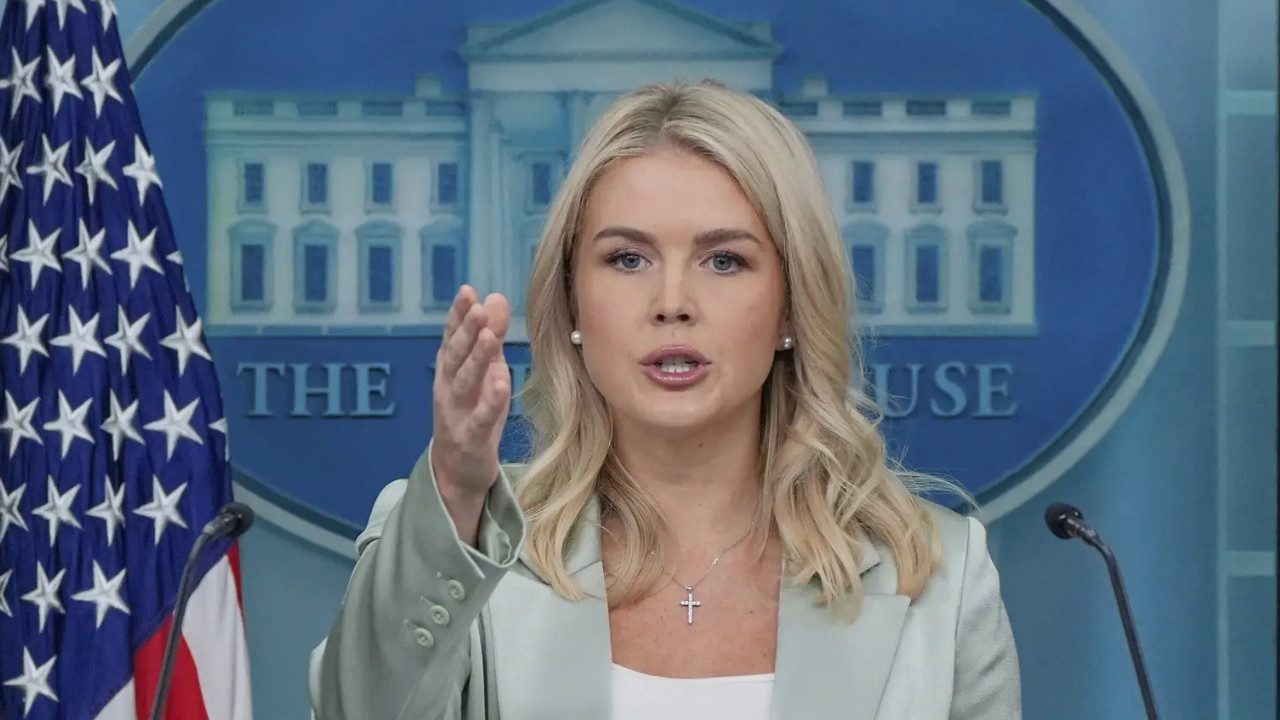Donald Trump suggests resuming large-scale trade with Russia after the Ukraine war, but experts cite significant obstacles. Hundreds of foreign companies have exited Russia since the 2022 invasion, facing asset seizures and legal instability. Russia’s focus on military production and stringent regulations further deter US firms, making a swift trade revival unlikely despite potential sanction relief.
Beyond the Battlefield: Trump Signals a Trade Thaw with Russia “After the Bloodbath”
Okay, let’s talk about something that’s both delicate and potentially seismic: the future of trade relations with Russia, seen through the lens of Donald Trump. Because, let’s be honest, whatever your political leanings, when Trump speaks, the world tends to listen – or at least, pay very close attention.
Fresh off the campaign trail (or maybe he never really left it?), Trump’s recently floated the idea of “unlimited potential” for large-scale trade with Russia. There’s, of course, a rather large caveat attached, a phrase that hangs heavy in the air: “when the bloodbath is over.”
This isn’t exactly breaking news in the sense that Trump hasn’t hidden his desire for improved relations with Russia in the past. However, the specific mention of “large-scale trade” in the context of the ongoing conflict in Ukraine adds another layer to an already complex situation. It raises crucial questions: What exactly does “when the bloodbath is over” mean in practical terms? What kind of trade are we talking about? And most importantly, is this a realistic prospect, or just campaign rhetoric designed to appeal to a specific base?
Let’s be clear: the war in Ukraine has irrevocably altered the global landscape. Sanctions against Russia have crippled its economy, isolating it from much of the Western world. Supply chains have been disrupted, and countless businesses have pulled out of the country. The idea of waltzing back in with “unlimited potential” as if nothing happened feels, well, a little naive.
But perhaps it’s more strategic than it sounds. Trump’s business background often colors his political pronouncements. Maybe he’s eyeing opportunities to leverage a potential future peace agreement into economic gains for the U.S. or even just positioning himself as the deal-maker who can bring Russia back into the fold.
The ethical implications, of course, are immense. Can we truly separate trade from the human cost of this conflict? Is it morally justifiable to profit from a nation that has been widely condemned for its aggression and alleged war crimes? These are uncomfortable questions that any potential trade deal would have to address.
Then there’s the political reality. Even if Trump were to win the upcoming election and genuinely pursue this avenue, he would face significant resistance from within his own party, from international allies, and from a public rightly horrified by the events unfolding in Ukraine. The path to normalizing trade with Russia, even after the “bloodbath,” is paved with geopolitical landmines.
It’s also crucial to consider the potential impact on Ukraine. Would renewed trade with Russia undermine their sovereignty and potentially embolden further aggression? It’s a delicate balancing act, and any decision must prioritize the security and stability of Ukraine.
So, what’s the takeaway? Trump’s pronouncements, as always, need to be taken with a grain of salt. They’re often designed to grab headlines, provoke reactions, and shape the narrative. But beneath the bluster, there’s a strategic element at play. He’s signaling a potential future direction, one where the U.S. could play a significant role in rebuilding (or reshaping) Russia’s economy.
Whether that future is desirable, feasible, or even morally sound is a debate we need to have. It’s a debate that needs to involve not just politicians and economists, but also ethicists, human rights advocates, and, most importantly, the Ukrainian people themselves.
Ultimately, the “unlimited potential” for trade with Russia is contingent on a truly lasting peace, one that guarantees the sovereignty and security of Ukraine and holds Russia accountable for its actions. Anything less would be a betrayal of the principles we claim to stand for. And that, my friends, is a price that no amount of “unlimited potential” can justify. This isn’t just about trade; it’s about the soul of international relations. The next few years will reveal which direction we choose.
📬 Stay informed — follow us for more insightful updates!







